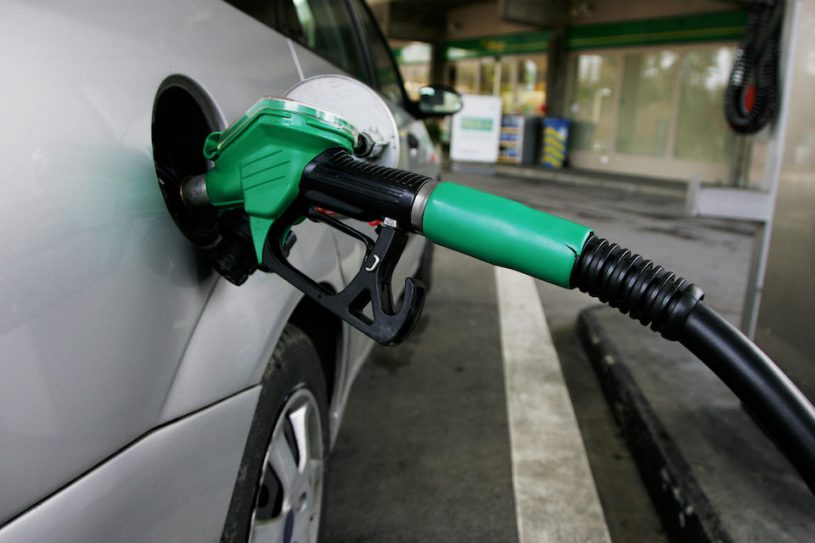Russia considers gasoline export ban
The Russian government is considering a possible gasoline export ban to prevent domestic fuel shortages and price increases after a decision to reduce subsidies for refineries

The Russian government is considering a possible gasoline export ban to prevent domestic fuel shortages and price increases after a decision to reduce subsidies for refineries, industry and government sources told Reuters.
The European Union introduced a ban on Russian refined oil products including diesel and fuel oil from early February, but Russia boosted gasoline exports by nearly 50% year on year in the first quarter, shipping cargoes directly to Africa.
The sources also said the government could increase volumes of mandatory gasoline sales on the commodity exchange.
The Energy Ministry did not respond to a request for comment.
The Russian finance ministry plans to halve subsidies to oil refiners from July to replenish deficit-stricken state coffers.
Gasoline prices have been on the rise since early April.
Reuters data shows the average wholesale price of Ai-92 fuel, the most commonly used grade in Russia, has reached its highest this month since autumn 2021.
The wholesale price of better-quality Ai-95 gasoline hit a record high of 60,436 roubles ($777.60) a tonne in May.
Industry sources said that Russian gasoline exports in April and May were about 200,000 tonnes a month, down from between 600,000 tonnes and 700,000 tonnes in winter.
Domestic gasoline usage stands at about 3 million tonnes a month.